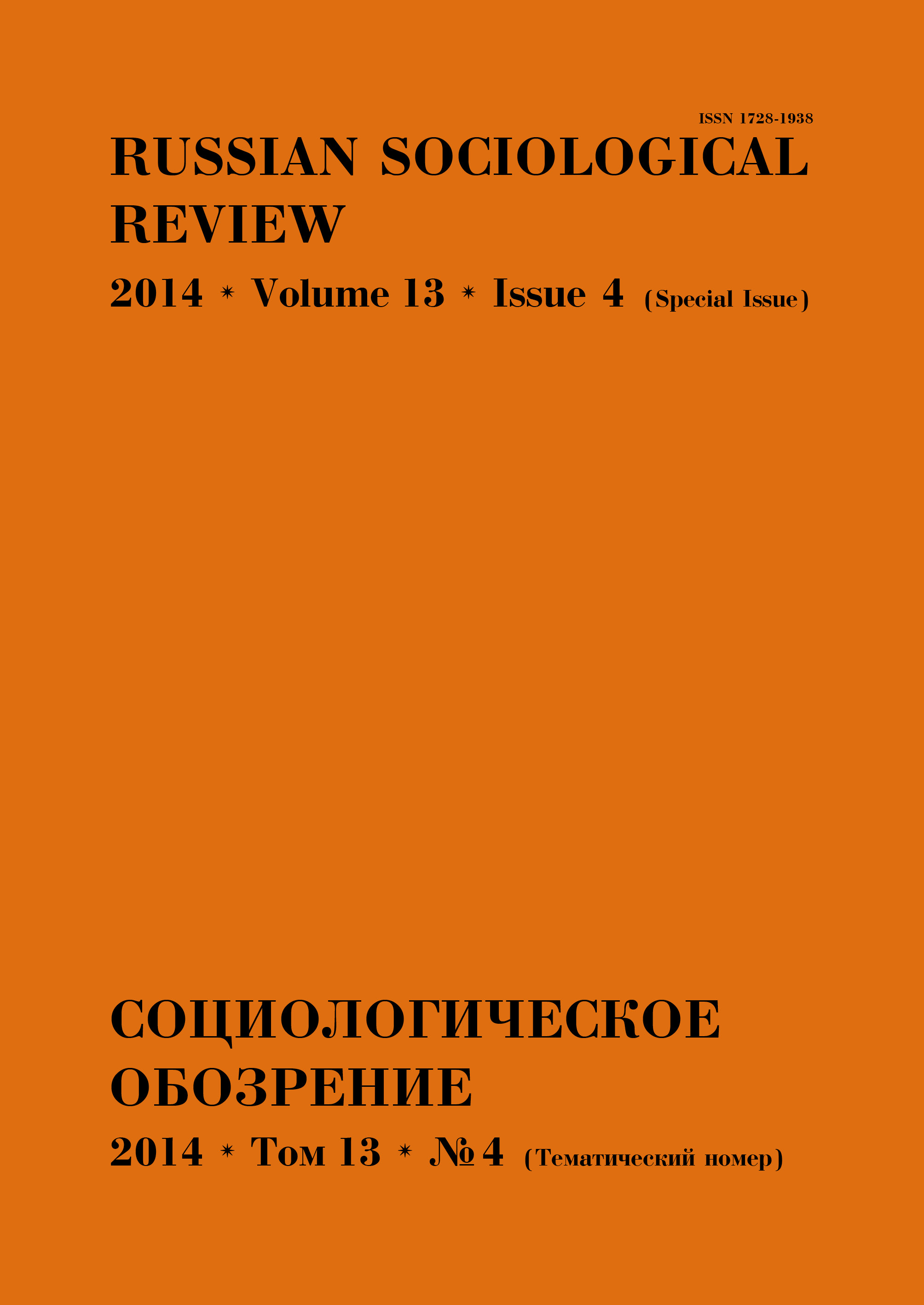Logic of Intersubjective Limits within Habermas’ Community (or Why We Should Not Be a Unified Whole)
Keywords:
community, Jürgen Habermas, J. S. Mill, intersubjectivity, egocentrism, intersubjective limits
Abstract
This article investigates the model of the transnational cosmopolitan moral-legal community of limitless communication. This model, using philosophical means, appears as an attempt to underscore the impossibility of authoritarian monopolies of power which resulted in the dictatorial regimes and national (pro)totalitarian communities of the 20th century. I will reconstruct this model of the supranational community, and analyze the mode of morally-oriented intersubjective interactions within this community. I will show that the differentiation of limits between the “interior” (subjective) and the “exterior” (intersubjective) worlds is an essential communicative and ethical problem in Habermas’ theory. According to this differentiation, subjective “verity” of an individual/local community may be defined and justified by purposes, axiological preferences, and tastes of a particular individual/community; while a claim pretending to be an intersubjective norm should be justified and voluntary accepted by all concerned with this norm. The non-differentiation of limits between what one believes to be “veritable”, and what one claims others should accept as a norm (or imposing on others one’s particular axiological position as a universal norm) underlies most social, (geo)political, ethnical, confessional conflicts, and communicative deformations. Until recently, academic literature did not pay much attention to this key aspect of Habermas’ theory. At the same time, it is this differentiation between the subjectively “veritable” and the intersubjectively valid that makes Habermas’ community anti-totalitarian, and reveals the deep political significance of intersubjective limits.Downloads
Published
2015-01-03
How to Cite
ВайзерТ. (2015). Logic of Intersubjective Limits within Habermas’ Community (or Why We Should Not Be a Unified Whole). Russian Sociological Review, 13(4), 80-93. Retrieved from https://cfjournal.hse.ru/index.php/sociologica/article/view/98
Issue
Section
Papers and essays




